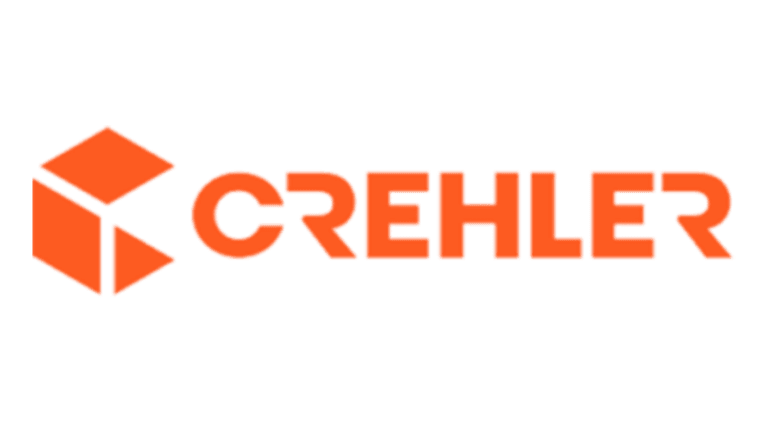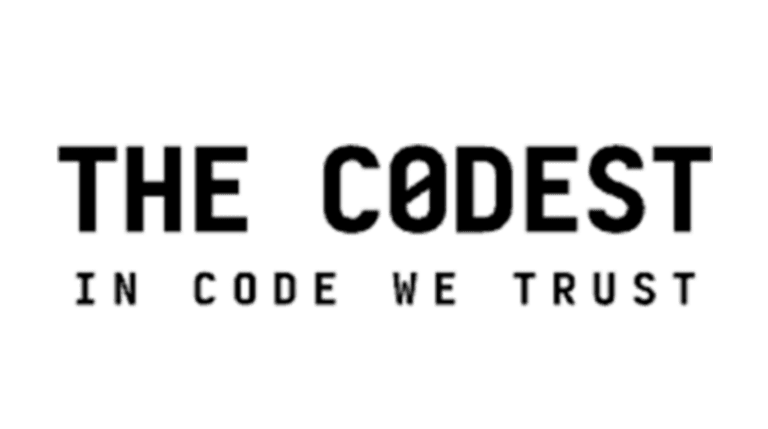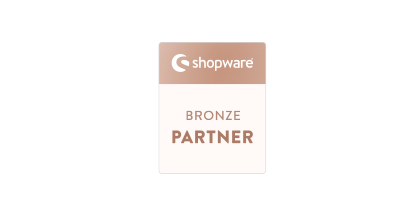If you’ve been weighing Magento vs Shopware, you’re not alone. Both are powerful, flexible, and built for serious online stores, but they have some key differences that could make or break your decision. So, which one should you go for? Let’s break it down in simple terms and help you figure it out!
What is Magento 2?
Magento is one of the most popular e-commerce platforms worldwide. It is a reliable and flexible open-source platform trusted by the most recognizable brands, such as Coca-Cola, Burger King, Samsung, and Nike.
The Magento platform was developed in PHP in 2008. Currently, the latest version is Magento 2.4.7, which supports OpenSearch and PHP 8.2 and introduces new payment methods. In 2018, Magento was bought by Adobe.
The statistics of Magento users
According to Builtwith.com, as of January 2025, Magento is used on more than 657,000 websites. The Magento 2 platform is the most popular in the United States, where more than 37,000 online stores are based on this solution.

Shopware 6 overview
Shopware has been on the market since 2000. It is the leading CMS in Germany, as that’s where its developers come from. Shopware is written in PHP Symfony. Vue.js is a JavaScript framework used to create e-commerce interfaces.
The latest stable version of Shopware is 6.6.9.0, released in December 2024.
Who uses Shopware?
Shopware 6 is far less known than Magento, probably due to its low visibility outside Europe. As of January 2025, an online store on Shopware can be found on over 87,000 websites. Most of these, nearly 18,000, are created in Germany.
Despite Shopware being more than seven times less popular than Magento 2, companies such as Haribo, Philips, and Aston Martin have set up their stores on this platform.

Shopware 6 or Magento 2? Functionality comparison
Should you go only by popularity when choosing the right marketplace solution? Review the similarities and differences between Shopware and Magento and form your opinion.
Pricing models
Shopware 6 has a free version known as Shopware Community Edition. It is open-source and provides essential features for building and managing an e-commerce store. However, this free version has some limitations compared to the paid editions, such as fewer advanced features, no official support, and reliance on the community for assistance.
In addition, Shopware is available in three cloud-based pricing models. These are:
- Shopware Rise,
- Shopware Evolve,
- Shopware Beyond.
Fees for Shopware Rise start at $600 per month, while pricing for the Evolve and Beyond versions is prepared individually for each customer.
Magento 2 also has three pricing models:
- Magento Open Source,
- Adobe Commerce,
- Adobe Commerce Cloud.
The Magento Open Source version has no licensing fees, but you should calculate hosting costs when choosing this option. The consecutive variants depend on the size of the company (or, precisely, the turnover amount) and start at $22,000 (Adobe Commerce) or $40,000 (Adobe Commerce Cloud).
Hosting requirements
What requirements must your infrastructure meet to implement Magento or Shopware smoothly? Check out the technical details below (status as of January 2025).
| Shopware 6 | Magento 2 | |
| Operating system | Unix-based systems, with recommendations for Ubuntu (18.04 LTS) or similar distributions. | Linux x86-64 distributions such as RedHat Enterprise Linux (RHEL), CentOS, Ubuntu, and Debian. Windows and macOS are not supported. |
| Web server | • Apache 2.4 or higher (with mod-rewrite enabled). • NGINX version compatible with Shopware. | • Apache 2.4 or higher • NGINX version 1.x. |
| PHP | Minimum 8.2 to 8.3 with at least 512 MB of memory. | Minimum 8.1.x (for Magento 2.4.x) with at least 2 GB of available memory. |
| Database | • MySQL 8.0 or higher (avoid versions 8.0.20 and 8.0.21 due to compatibility issues). • MariaDB 10.11 or higher (avoid versions 10.11.5 and 11.0.3 due to compatibility issues). | • MySQL 8.0 or higher (also compatible with MySQL 5.6, 5.7). • MariaDB version 10.6 or higher. |
| Hardware | • Minimum of 2 CPU cores; recommended at least 4 cores. • Minimum 2 GB RAM; recommended at least 4 GB. • Minimum 10 GB of available disk space. | • Minimum of 4 CPU cores (2 GHz or more each). • Minimum 8 GB RAM. • Minimum 240 GB of available disk space (SSD). |
| Extra requirements | • Composer version 2.0 or higher. • Node.js version 20.0.0 or higher. • NPM version 8.0.0 or higher.ext-curl. • Zend Opcache. • Git. | • Composer version 2.7 or higher. • Elasticsearch/OpenSearch (required for certain functionalities). |
Performance and security solutions
Both Shopware and Magento are known for their great performance. Magento 2 can easily handle high traffic and serve a myriad of transactions. Thanks to its flexibility and scalability, Magento is the backbone of the largest online stores.
Shopware 6 is not behind its larger competitor when it comes to performance. The streamlined codebase and modern architecture enable Shopware to smoothly handle not only small businesses but also e-commerce stores with several thousands of products in their database.
| Security measure | Magento 2 | Shopware 6 |
Two-factor authentication (2FA) | Yes | Yes |
| Encryption standards | Yes (SHA-256, AES-256) | Yes (bcrypt for passwords) |
| Role-Based Access Control (RBAC) | Yes | Yes |
| XSS protection | Yes | Yes |
| CSRF protection | Yes | Yes |
| Secure payment gateway integration | Yes | Yes |
| Security patches and updates | Yes | Yes |
| Content Security Policy (CSP) | Yes | Yes |
| Database encryption | Yes | No |
| HTTPS/SSL support | Yes | Yes |
| Customizable security settings | Yes | No |
| Automatic updates | No | Yes |
| Token-based authentication | No | Yes |
| Session and cookie security | Yes | Yes |
| Password hashing | Yes | Yes |
| Secure default configurations | No | Yes |
| Built-in validation and escaping | Yes | Yes |
| PCI compliance | Yes | Yes |
Ease of administration
Shopware store administration is no rocket science. The user interface is intuitive and understandable for people without technical knowledge. Vue.js is responsible for a clear and minimalistic administration panel.
Magento 2 is a solution for people who have some technical knowledge. Preferably, the administration of a Magento-based store should be handled by a person from the technical team. Installation and configuration of the Magento marketplace is more complicated than Shopware, so it should be carried by experienced professionals.
Scalability
Both Shopware and Magento platforms offer the option of expanding or shrinking the size of your store to accommodate the business’s changing needs. Magento’s architecture is highly customizable, thanks to the Zend framework. This allows a store built on Magento to easily adapt to large transaction volumes and sudden spikes in traffic.
The Symfony framework makes Shopware scalable. Efficient resource management and easy integration with external systems allow online stores to expand without losing performance.
Customization options
As an open-source solution, Magento allows for customization of your online store to suit your needs. Inside this software, you will find such features as:
- adding an unlimited number of products, categories, and subcategories,
- advanced filtering options,
- e-mail personalization.
Shopware, like Magento, enables adding an unlimited number of products to the database. Moreover, Shopware includes many built-in marketing tools, such as promotions, vouchers, and product recommendations. This platform supports multiple languages, currencies, and payment methods.
Mobile-friendliness
Progressive web apps (PWA) is a technology that combines the advantages of traditional websites and mobile applications. So, in both Magento and Shopware, you’ll find the Alokai extension, which simplifies the creation of an online store’s mobile version. Besides, those two platforms provide modules that integrate Shopware with PWA storefronts.
Marketing and SEO optimization
Shopware has extensive tools for SEO of online stores to meet search engine requirements, as well as the ability to integrate with Google Analytics. Powerful features allow you to select proper keywords, measure SEO performance, and leverage social media. From Shopware, you can offer customers additional discounts or similar products through cross-selling.
Implementing a brand marketing strategy is also possible on the Magento platform. Some helpful options include customizing URLs, meta descriptions, or meta titles. Magento can also be integrated with Google Analytics and marketing automation solutions.
Support options and community engagement
Shopware offers help through direct technical support from a dedicated team of specialists, but this is only available to users of paid Shopware versions. The second option is asking questions to the community, which includes more than 40,000 specialists across Europe.
The Magento community includes more than 100,000 independent professionals worldwide. They divide into topic groups that simplify getting precise answers to your questions. Plus, by choosing Adobe Commerce or Adobe Commerce Cloud, you can contact dedicated manufacturer support.
AI features
Customers demand AI solutions, so Shopware and Magento offer custom intelligent functionalities. In Magento, you’ll find Adobe Sensei, which supports intelligent recommendations, generates personalized content and collects marketing data.
Shopware has individual support called AI Copilot, which can generate content and translations, classify customers, and search by context or image. These are just a few of the available Shopware AI Copilot capabilities.
Pros and cons of Magento 2 and Shopware 6 ecommerce platforms
Is Shopware 6 clearly superior to Magento 2? Or maybe the Adobe software is way better than its smaller competitor? Check out our comparison, which will give you a holistic understanding of both solutions.
| Magento 2 | Shopware 6 | |
| Advantages | • High scalability • Wide range of features • Flexibility and customization • Large community and marketplace • Robust security • Enterprise-level support | • User-friendly interface • Flexibility with APIs • Modular and scalable • Active development and updates • Strong SEO tools |
| Disadvantages | • Complex setup and maintenance • Performance issues in large stores • High hosting costs • Steep learning curveExpensive extensions | • Limited number of extensions • Smaller community • Requires technical expertise for customization • Less known in some regions |
Conclusion
Choosing the right e-commerce platform has a significant impact on the success of an e-commerce business. Therefore, consider all the circumstances before you create your online store on Magento or Shopware.
GET IN TOUCH
Let us assist you in making the right decision by analyzing your needs.
Reach out to us and enjoy developing your online store!






